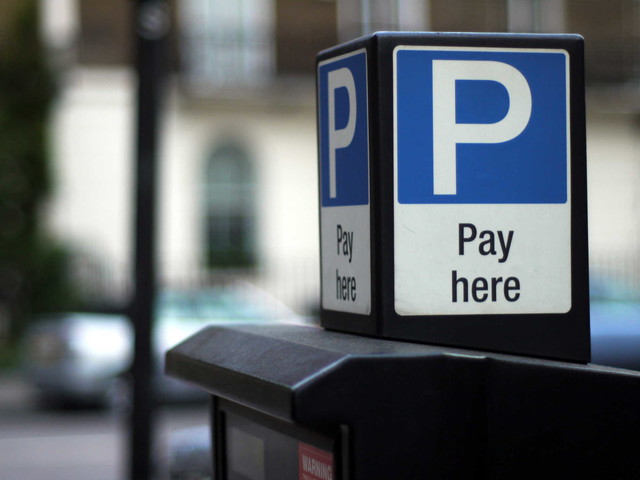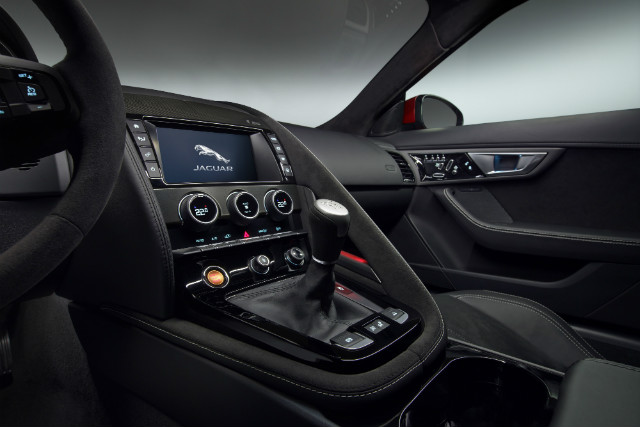Princess Charlotte was born and Leonard Nimoy boldly went where all men must go eventually. The Tories were re-elected, liquid water was found on Mars and Ireland successfully voted to legalise same-sex marriage.
In the year of Caitlyn Jenner, Donald Trump and #thedress, what were the stories that most gripped readers on Car Keys? Here are the five top articles of this year, ranked according to page views.
The three new motoring laws that you need to know about

The first of October saw the introduction of three significant new motoring laws that affected all motorists in the UK as part of a wider roll-out of new legislation.
First to be ratified was the new Consumer Rights Act 2015, which allows consumers a guaranteed 30 days to demand a fully refund if they buy faulty goods. The Act also extends to motorists, and any new or used car that’s faulty is also subject to the same legislation.
Previously, dealers were simply obliged to repair the car if it had a problem, but the new act allows buyers to return the vehicle and get a refund for the full sale price for the first time ever.
Other new laws include the introduction of a ten minute grace period after tickets expire for drivers who park their cars in private car parks. Official regulation says that any penalty issued before the grace period’s expiry will be illegal, unless the vehicle itself is parked unlawfully.
It’s hoped that the grace period will make life easier for otherwise innocent drivers who unintentionally overstay in a car park for valid reasons like struggling with shopping or children.
Finally, it was made illegal in England and Wales to smoke in a car that’s carrying an occupant aged 18 or under. Introduced as part of the larger Children and Families Act, the law applies to anybody smoking in the car and not just parents with their kids.
Other passengers who spark up will also be subject to the penalties, which range from a fixed penalty fine of £50 to potentially higher amounts if the case goes to court.
What are the most expensive car options?

Did you know that you could buy one house, six Ford trucks, 362 Xbox Ones or approximately 40,160 Happy Meals for the price of just one optional clock in the new Bentley Bentayga?
Bentley made a name for itself offering super-luxury to the super-rich, but it’s not the only manufacturer to do so, and there are plenty of others who have done the same.
Some of them range to the ridiculously overpriced, like a £15,000 price tag just for some matte paint on the Maserati Gran Cabrio, to the downright weird, like Maybach’s £37,572 optional granite panelling in the 62 Laundaulet.
Other entries into the list of the most expensive car options ever include carbon fibre bodywork in the Pagani Huayra, which will set you back an eye-watering £98,465, though Ferrari rules the roost when it comes to sheer cost.
If you though the Huayra’s option was expensive, how about a carbon fibre front end for your LaFerrari? That’ll be £216,040 extra, please, roughly the cost of 22 standard Ford Fiestas.
Five car technologies that’ll be gone within five years

Not matter how cutting-edge your new car is, the sad truth is that it only stays cutting-edge for a finite amount of time until the next big thing comes along.
Manual gearboxes look like they’ll be one of the first things to go in the next few years, as automatics are becoming increasingly small, affordable and responsive. Even the Ford Fiesta is now available with an automatic, while BMW bosses have hinted that they’ll start to phase out manuals thanks to falling sales.
Handbrakes, replaced by new-fangled electronic parking brakes will also become less common as automakers strive to make the best use of interior space, while even the humble car key isn’t safe from high-tech fobs.
Finally, the combustion engine is likely on its way out thanks to the advancement in new ultra-low emissions technology like electric cars and hybrids, while aftermarket sat-navs are slowly being killed off by smartphone apps like Google Maps.
Don’t get caught out by the latest DVLA email scam

Back in September, motorists were warned over a new set of fraudulent emails claiming to be from the DVLA were sent to thousands of drivers around the country.
The scam emails, which contained a link to a website that resembled a legitimate DVLA website, instructed its victims to enter their licence details and a means of payment like a debit or credit card number.
Online scammers could then have used the card information to pay for goods and services or, worse still, use the motorist’s personal details to commit total identity theft.
DVLA spokespeople stressed that the organisation doesn’t send emails with links to websites of that nature, and strongly advised anybody who received one to delete the email and report the websites for fraud.
Sorry diesel, the world wants a divorce

This year marked a series of crippling blows for diesel fuel after years of being marketed as a cheap, fast and effective way of reducing harmful greenhouse gas emissions.
Since the 1990s, European governments had been actively encouraging drivers to go diesel, promising higher fuel efficiency as well as a reduction in CO2 emissions to stave off global warming.
However, particularly thanks to the events of the Volkswagen Group’s ‘dieselgate’ scandal, the world finally started to realise that perhaps diesel power wasn’t quite as eco-friendly as it was once believed to be.
Dangerous emissions produced by diesel cars, which can be extremely harmful to the environment and to human beings, also contributed to the fuel falling out of favour, along with new advancements in eco-friendly, low-emissions technology.
It’s still unclear exactly where dieselgate and the ongoing attempts to phase out diesel-powered cars will lead, but like the end of any long-term relationship, it’s likely to be an ugly, painful and drawn-out process.



